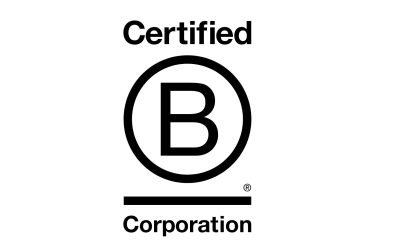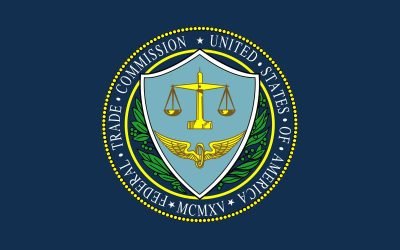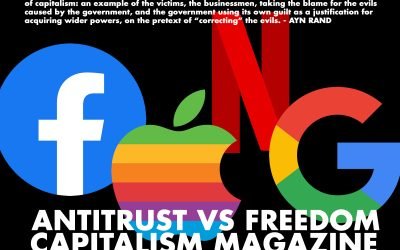Carlson is entitled to his view of dollar stores as being ugly, but for individuals and families who appreciate the offerings, services, and availability of a discount retailer in their neighborhood, it is surely a beautiful thing.
Kimberlee Josephson
Federal Trade Commission Chair Lina Khan Has It Out for Amazon
Antitrust laws, as being applied by Lina Khan, are truly anti-progress.
The DOJ’s Coercive Case against Google
One of the DOJ’s main criticisms is how Google established itself early on as the default search engine for Apple and Android products, yet doing so was simply shrewd business strategy. Anyone with the opportunity to do so would have done the same.
Renaming ESG Won’t Make It Go Away
So although ESG backlash has resulted in even the likes of Larry Fink, CEO of Blackrock, no longer referring to the contentious acronym, ESG won’t be going away.
What Innovations Will Be Lost Thanks To FTC’s Merger Meddling
I for one would be devastated if my cordless Dyson was never given the chance, and I wonder what other innovations or advancements may now be lost thanks to a true monopoly obstructing competition in the marketplace – the FTC.
Maximizers and Monopolies, A Benefit to Society
Consumers will choose the best options, or only options, according to their interests and perceptions of value – and companies can either cater to existing needs and wants or create new ones. That is why capitalism is such a beautiful thing, and why the only time monopoly concerns should arise is when government cronyism is involved.
The Charge to Change Capitalism and Why the Profit Motive Must be Preserved
On the growing coalition countering capitalism for the “common good.”
Mergers & Acquisitions: The FTC versus the Free-Market
The FTC is placing itself as the primary arbiter when it comes to business transactions, and it is conveying that it can predict what the future holds for innovations and acquisitions. This creates an environment of not only great uncertainty for business, especially now that previous transactions may be revisited and reconsidered, but also great risk for the competitiveness of US firms.
“Woke-Washing”: Who Is To Blame in the Moral Marketing Game?
If we want companies to stop engaging in woke-washing, we must steer the incentives back toward supporting firms for their core offerings and stop basing our purchases according to cause-related marketing messages and social labels.
Patriot Act 2.0 on Steroids? The Restricting the Emergence of Security Threats that Risk Information and Communication Technology Act
Online Security Concerns Shouldn’t Enable a Surveillance State
Big Tech and Monopoly Power: Freedom is a Virtue, Antitrust is a Vice
So, whether it’s Lina Khan at the FTC or Sens. Amy Klobuchar and Elizabeth Warren in Congress, antitrust advocates should take a hard look in the mirror. The only true monopoly within the US marketplace is where these politicians are fulfilling their posts.
Robert Reich’s Anti-Capitalist Rant Against The Kroger-Albertson Merger
What Robert Reich Gets Wrong about the Kroger-Albertson Merger and What He Misses Completely
Political Interference In Big Tech Is A Big Mistake
The aftereffects of antitrust have always been anti-producer, anti-consumer, and anti-progress. Ayn Rand rightly asserted that, “The Antitrust laws—an unenforceable, uncompliable, unjudicable mess of contradictions—have for decades kept American businessmen under a silent, growing reign of terror.”
Warren Buffett Snubs the ‘Social Responsibility’ Craze
Here’s Why He’s Right.
Like this content? Subscribe to support our work — it's free.
Read by students, professors, and citizens, Capitalism Magazine provides over 9,000 free to read articles and essays from pro-reason, individual rights perspective. 100% independent.
No spam. Unsubscribe anytime.













